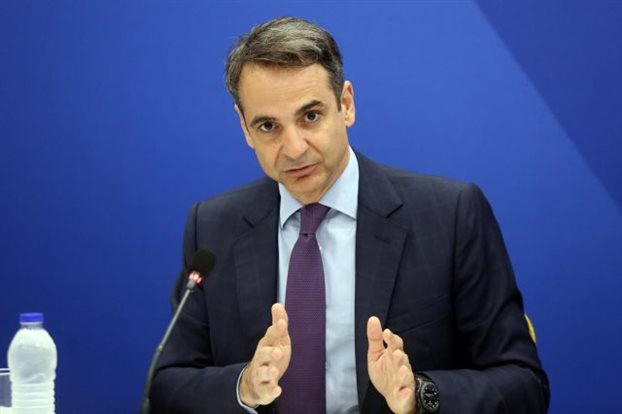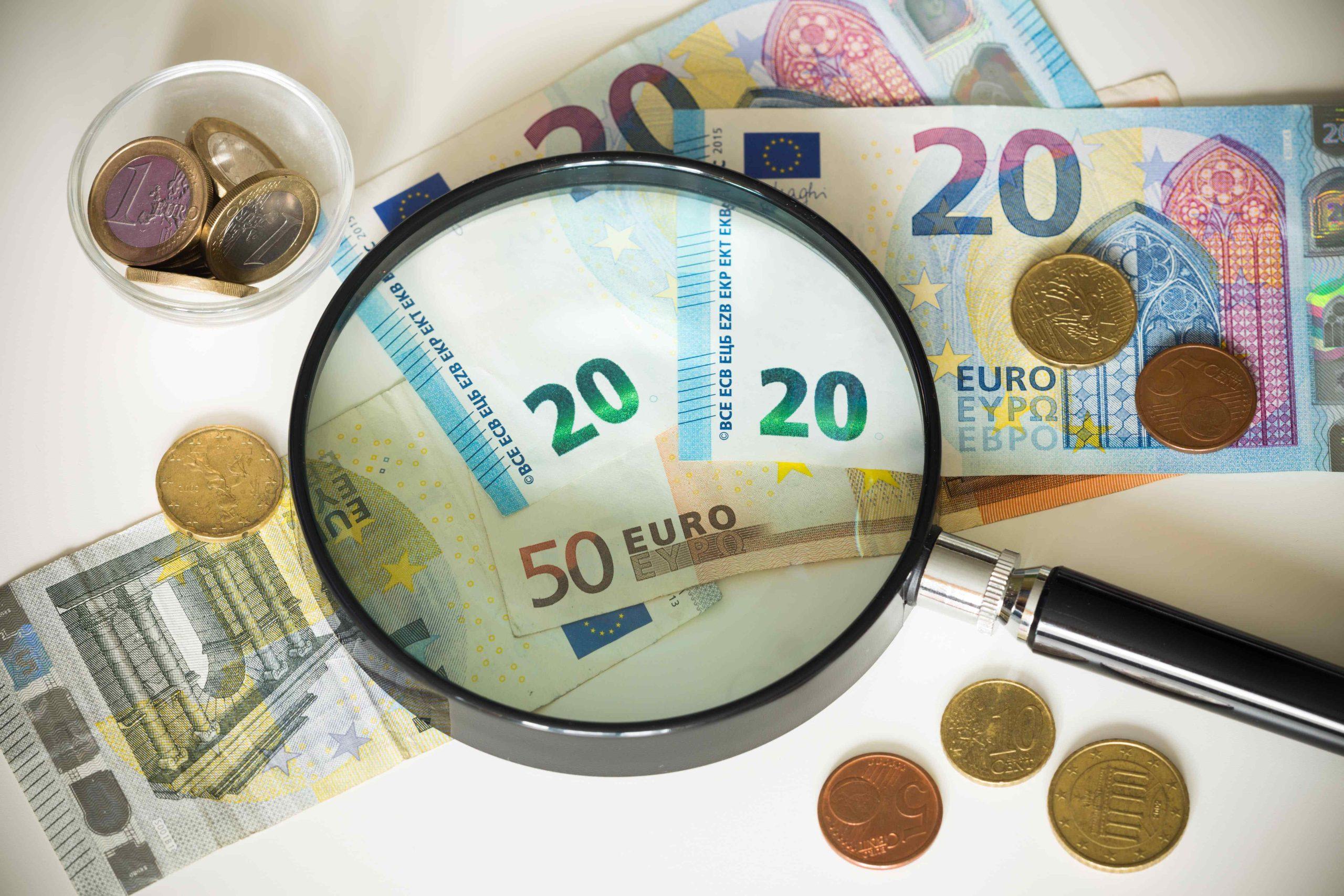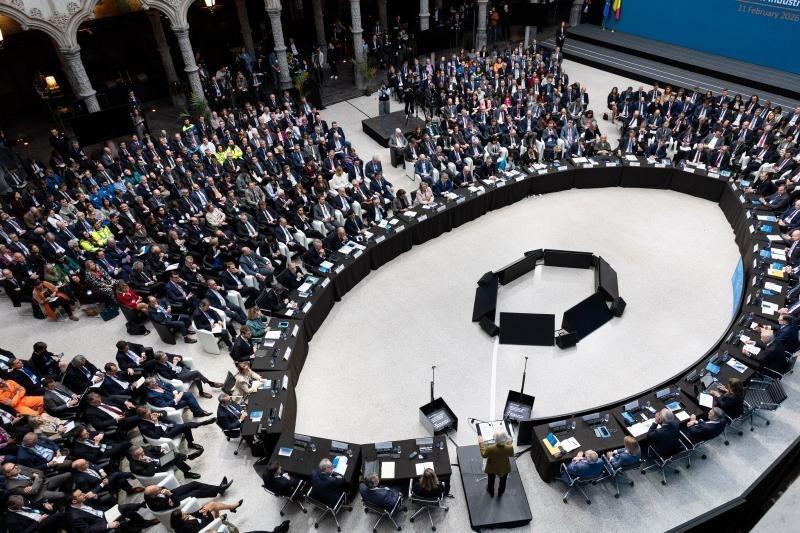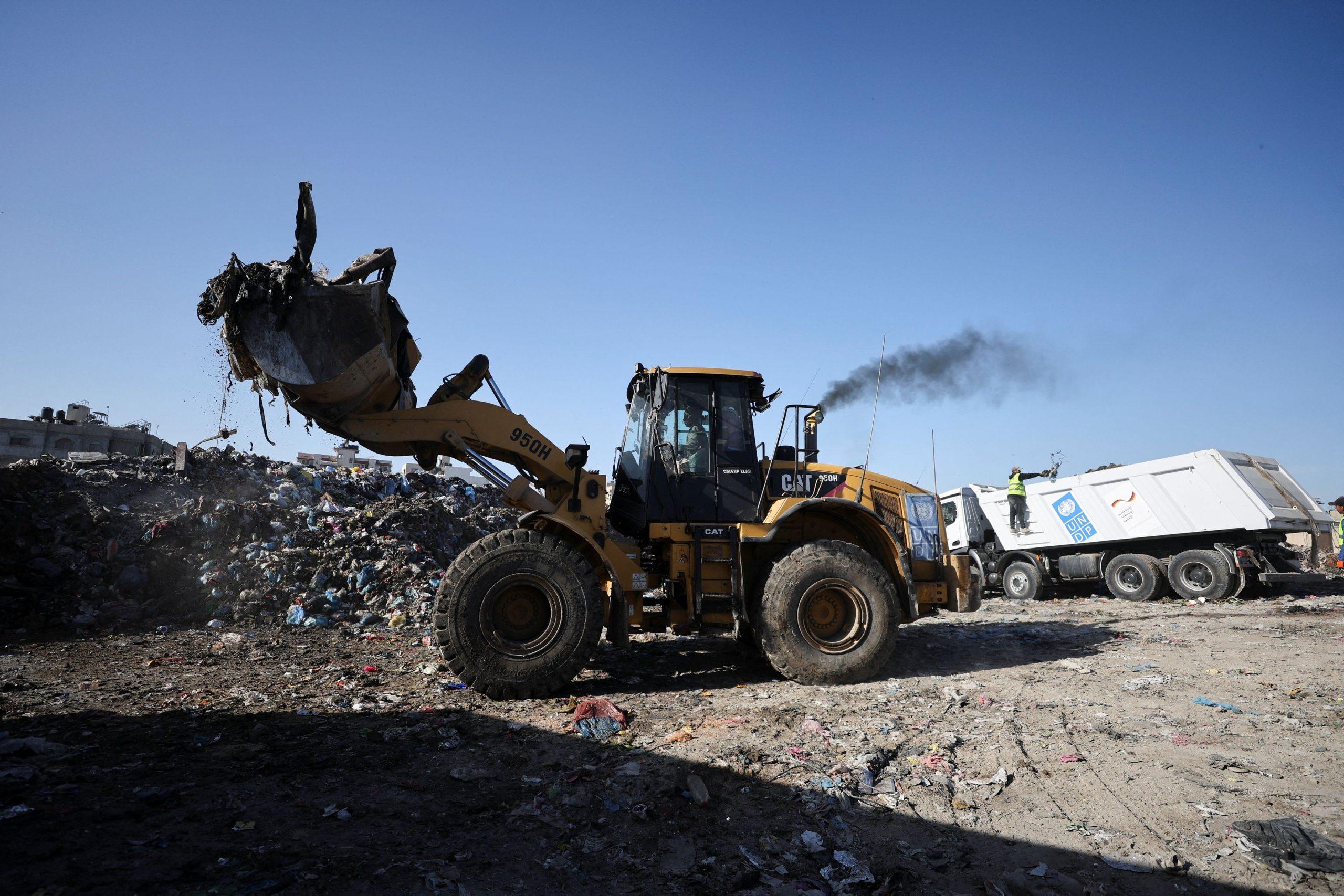Time is running out — for all of us. Greeks are witnessing this firsthand.
This summer, our country simply burned. Together, we saw the dramatic and devastating effects of global warming, with record-breaking and sustained temperatures above 40 degrees, day after day after day. What followed was an unprecedented environmental catastrophe, with forest fires that swept away precious ecosystems in just a matter of days.
This is not climate change in action, it is a climate crisis in action — a never-before-seen threat to our way of life and our children’s future. And to combat it, we must think big, act fast and lead by example. For if we have the courage to collaborate — at pace, at scale, and starting now — overcoming the financial hurdles, we can salvage opportunity from this crisis.
Greece is a mid-sized European country, a maritime power with 20 percent of the global shipping fleet and a tourism hotspot. We could, of course, just sit back and wait for the big polluters to act — after all, our carbon emissions are comparatively small. But we will not. Even smaller countries like Greece can have a big impact on the world’s global green transition.
Along with eight other EU member countries — Portugal, Spain, France, Italy, Croatia, Cyprus, Malta and Slovenia — Greece recently adopted the Athens Declaration, focused on climate mitigation across the Mediterranean. We have also created a Climate Crisis Ministry and are implementing a 6+1 climate program across Greece: Six initiatives — on shipping, tourism, renewables, decarbonization, green energy interconnection and ecosystems — underpinned by one all-encompassing climate law that will be ratified later this week.
The green transition is, however, a capital-intensive transformation. Greece has thus far succeeded in mobilizing considerable EU funding for climate change mitigation. But it is not enough.
Europe needs more innovative approaches to funding and fundraising at a scale that matches our collective endeavors. If the pandemic taught us anything, it is that when the need is acute, we can finance research and innovation at scale and with incredible results.
Therefore, we must work to support smart infrastructure that is interoperable across borders and is transparent, accessible and consistent with a level playing field when it comes to competition.
Bringing ideas and experiments to life only works when the private sector, governments and investors collaborate. So we must unlock barriers to deploy capital internationally, positively anticipating and supporting the future markets for and the ideas behind green technology and alternative fuels.
This means investment in renewables like offshore wind and R&D projects like the EU’s new research institute for sustainable shipping — where we are supporting the incubation of green tech ideas to cut shipping’s future carbon footprint — and those on the islands of Astypalea and Halki, where we are building 100 percent green and energy-autonomous sustainable tourism destinations with help from Volkswagen and Citroën.
If we can work together, we can build the green industrial revolution of the future. We can engage our citizens and our businesses in the benefits of the green transition.
It is time that we see that halting this crisis is not a cost-increasing burden that compromises economic growth. It is the opposite — a green technology revolution with enormous wealth-generating power and redistributive potential.


















![Ενοίκια: Το ράλι στα ακίνητα – Προσιτές και απλησίαστες περιοχές [πίνακες]](https://www.ot.gr/wp-content/uploads/2026/01/ot_akinhta_rents26.jpg)


















